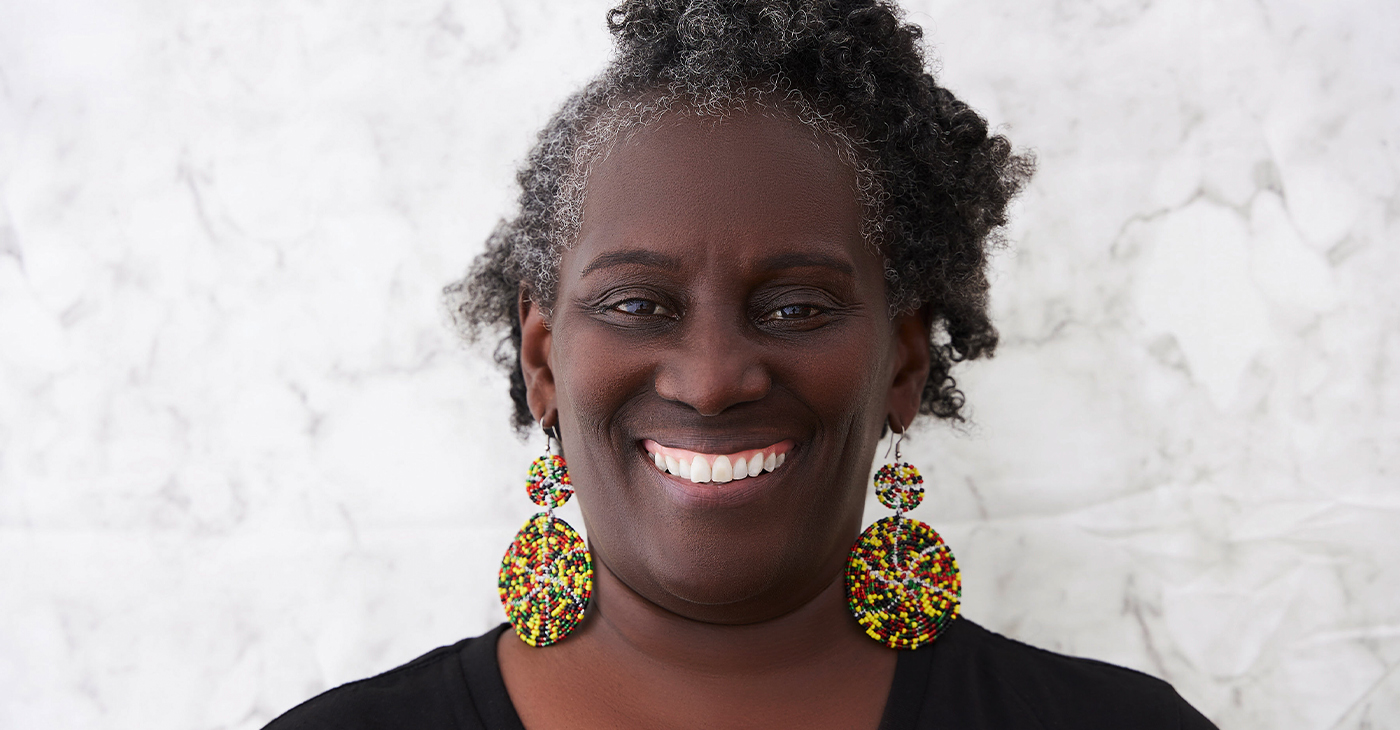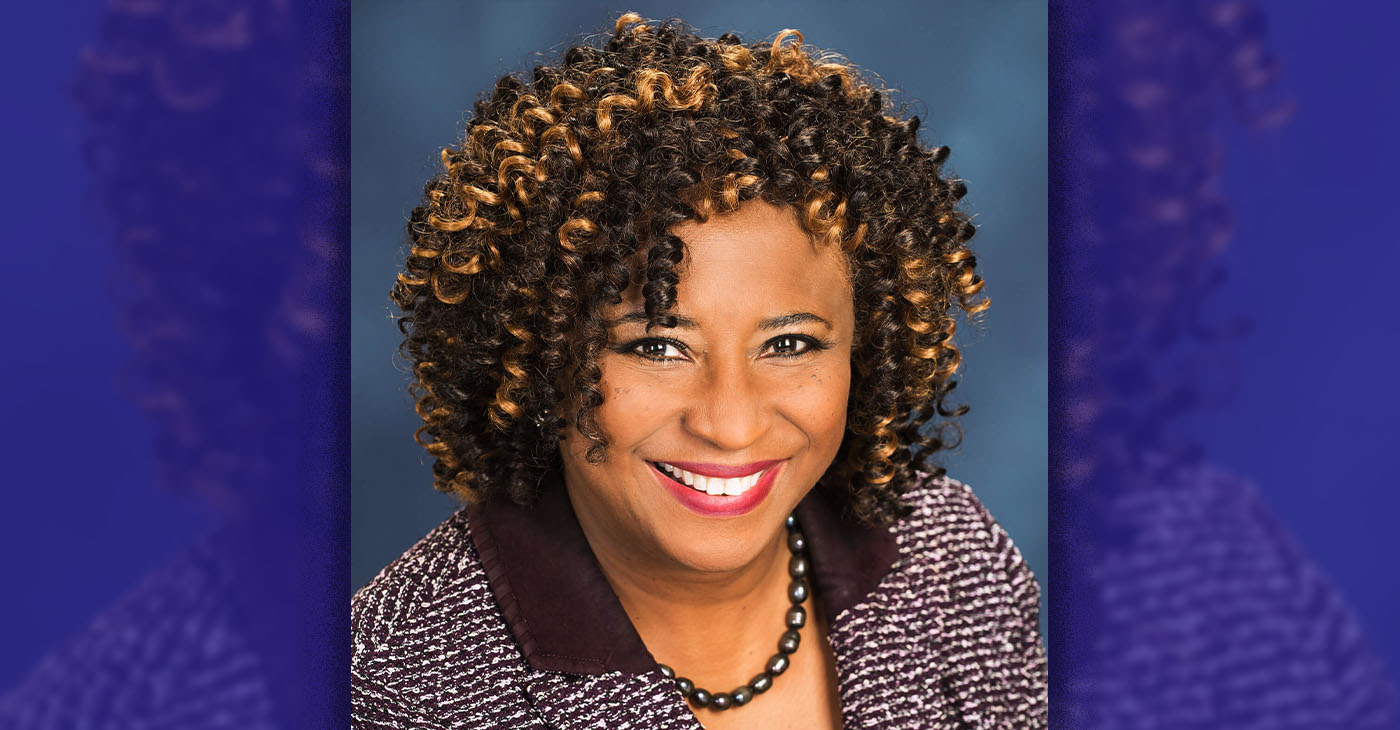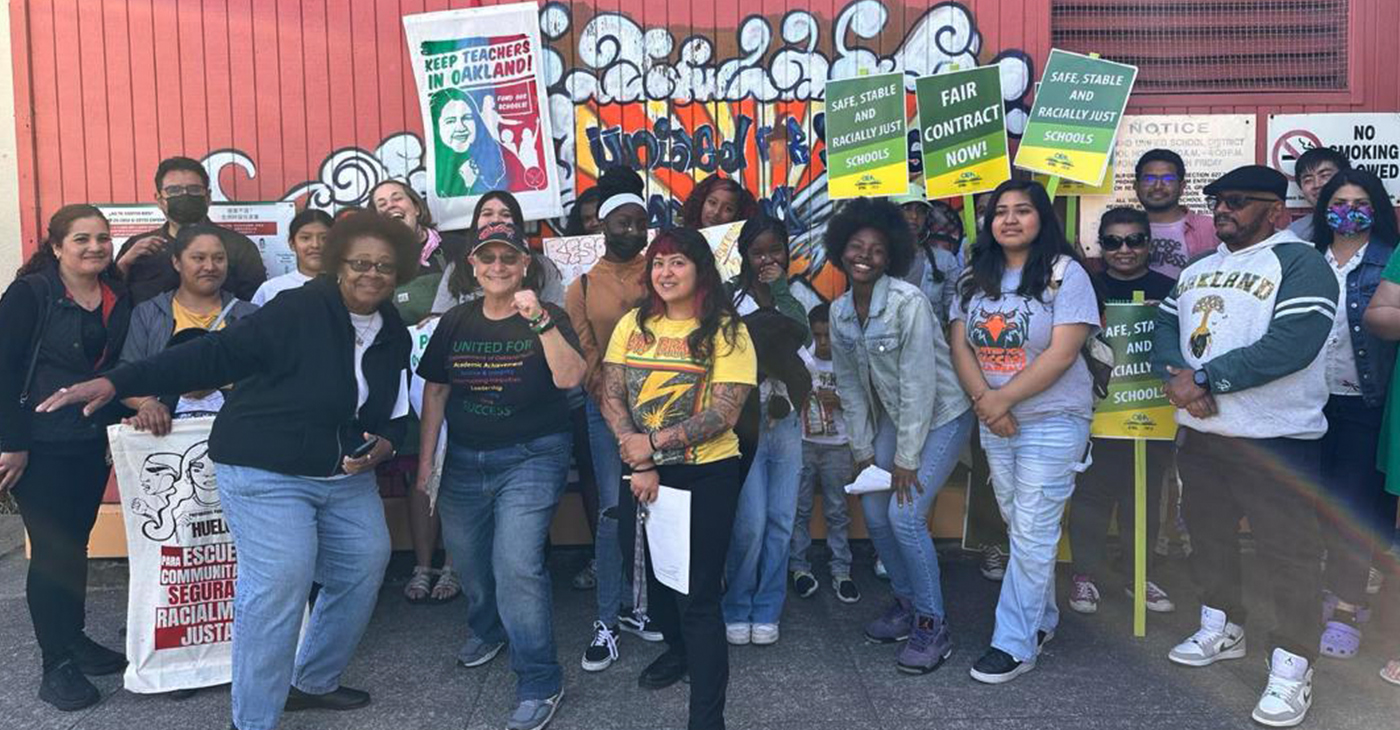Uncategorized
OP-ED: Black Movies That Matter: The Best Man Holiday
By Dr. Richard M. Cooper
What happens when a film combines a talented ensemble cast of ebony actors bearing resplendent skin tones, a solid storyline, superb direction, a banging subliminal soundtrack and a production budget of 17 million dollars? You get an upscale BUPPIE narrative that explores latent intrinsic desires of African Americans nationwide recapitulating a grand communal theme of “brotherly-sisterly love” delivered via the medium of the “Big Screen.” Best Man Holiday (BMH) is an aptly crafted and updated sequel to a “back-in-the-day classic” homeboy-flavored romantic comedy, “The Best Man” circa 1999 directed and solidly written by Malcolm Lee.
“mce-wp-more” title=”More…”>”font-size: medium;”>Simply attend any regional movie theater within a 15-mile radius of a critical mass of Black folks, as I did this past Saturday morning for the film’s debut, and bear witness to high doses of agape healing being dispensed to brothers and sisters in attendance. During the “sunrise secular movie service” I took an observant pause, and then I watched, and listened as multigenerational audience members inhaled and absorbed all that they were experiencing right before their very eyes. My circular gaze intensified during this movie-church service as I heard the varied tones of rhythmic laughter-tears-claps, whispers and adulations from this approving audience. Outsiders might confuse these spontaneous eruptions of seemingly disruptive sounds as a new form of lower class Black cacophony. As an insider however, these muted noises are better interpreted as indigenous call and response cultural patterns of cosigning and jubilation to the shared communal experience. Let the church say, “Amen!”
BMH glows with warm opening visual arrays of marriage photographs and other gleaming images of Harper, Robin, Lance, Jordan, Que, Julian, Shelby and Mia. Previous old-school audiences are reconnected to the cast and newer audiences are simultaneously introduced to these beloved characters. Best Man is as familiar as any film narrative as the story has been carried via every visual medium possible over the past 14 years; thus it sets the stage for BMH to attract a wider cohort of Black viewers. There’s always a new back-story of the struggle of Black filmmakers taking their idea to market and needing to persuade-beg-implore a new group of unenlightened corporate drones as to why their story ideas will sell to the masses. BHM successfully aborts the Eurocentric romantic comedy formula by daring to offer a plot deviation that also explores existential meanings of life. Writer director Malcolm Lee should earn props for taking such risks. The newly resurrected Arsenio Hall show recently hit some season high rating notes by featuring the main male and female cast members of BMH over two consecutive nights on the show. Hall producers were likely attempting to regain their historic “street cred” with hipper and historically Black viewers. Although Hall didn’t dance with the brothers of BMH on the show as they lip-synced and glided to the rhythms of former boy band New Edition’s,” Can You Stand the Rain”, the show likely scored high marks with viewers.
After this weekend’s successful nationwide opening, many reviewers will simplistically critique BMH for its box office cache and the cheddar that it grossed this weekend for the good folks at Universal Films. The tallying of its weekend receipts will buttress Malcolm Lee’s persuasive arguments as to why he always knew BMH would be a successful film. Others writers will feel compelled to analyze how BMH competed well against the nation’s current testosterone Norse classic “Thor 2.” As if a tired oft-studied western mythology recapitulated as “Thor: The Dark World” produced for $55 million and opening on roughly 3,841 screens compared to BMH’s largely African American audiences on much fewer screens. Once again, it feels like Rocky Balboa taking on Apollo Creed in a metaphoric reversal of roles.
It’s far better to compare BMH to its predecessor film, Best Man as BMH during its 3-day opener grossed 31 million dollars and made more money than its predecessor did for its entire theatrical run. Films featuring all Black casts typically suffer undue mainstream criticism historically as did early artistic expressions of other African American productions. Directors Spike Lee, Robert Townsend, Julie Dash and Lee Daniels can certainly validate this experience. Initially hating and scorning Black culture is such a really old habit told via rock-n-roll, jazz, Hip Hop, tap dance, banjo music, and race record sensibilities. Just hark back to MTV’s initial dismissal of both Rick James’ Super Freak video and the story of their initial refusal to air the late King of Pop Michael Jackson’s Billie Jean video on its then new MTV video show to underscore the point.
Finally, please don’t make the mistake made by several so-called media experts who state that BMH is largely a movie constructed as pure visual candy for the sisters; I say not at all. I view the Best Man Holiday as another form of Afrocentric synergy as I do other aspects of Black cultural life like for example as found in big mamma’s gumbo, potato salad, collard greens and corn bread— the sum of the individual ingredients is far greater than its parts. And it’s refreshing that some movies being made today still do really matter. Shhh …. ca-ching! Listen carefully now just one short week after the successful release of BMH you can hear the murmurs of a trifecta dark horse yet to be identified; the negotiations for Best Man III just may be in the works. Can the Best Man franchise as a brand continue to be sustained? We’ll have to wait and see.
Richard M. Cooper, Ph.D. MSW is social work clinical professor at Widener University and hosts/produces a weekly talk radio show on the only independently owned Black talk radio station in Pennsylvania, WWW.900AMWURD.COM He can be contacted at drrichardcooper@gmail.com
Arts and Culture
Rise East Project: Part 3
Between 1990 and 2020, Oakland lost nearly half of its Black population due to economic and social forces. East Oakland, once a middle-class community, is now home to mostly Black families living in poverty.

The Black Cultural Zone’s Pivotal Role in Rebuilding Oakland’s Black Community
By Tanya Dennis
Between 1990 and 2020, Oakland lost nearly half of its Black population due to economic and social forces. East Oakland, once a middle-class community, is now home to mostly Black families living in poverty.
In 2021, 314 Oakland residents died from COVID-19. More than 100 of them, or about 33.8%, were Black, a high rate of death as Blacks constitute only 22.8% of Oakland’s population.
This troubling fact did not go unnoticed by City and County agencies, and the public-at-large, ultimately leading to the development of several community organizations determined to combat what many deemed an existential threat to Oakland’s African American residents.
Eastside Arts Alliance had already proposed that a Black Cultural Zone be established in Deep East Oakland in 2010, but 2020’s COVID-19 pandemic galvanized the community.
Demanding Black legacy preservation, the Black Cultural Zone (BCZ) called for East Oakland to be made an “unapologetically Black” business, commercial, economic development community.
Established initially as a welcoming space for Black art and culture, BCZ emerged into a a community development collective, and acquired the Eastmont police substation in Eastmont Town Center from the City of Oakland in 2020.
Once there, BCZ immediately began combating the COVID-19 pandemic with drive-thru PPE distribution and food giveaways. BCZ’s Akoma Market program allowed businesses to sell their products and wares safely in a COVID-compliant space during the COVID-19 shutdown.
Currently, Akoma Market is operated twice a month at 73rd and Foothill Boulevard and Akoma vendors ‘pop up’ throughout the state at festivals and community-centered events like health fairs.
“Before BCZ existed, East Oakland was a very depressing place to live,” said Ari Curry, BCZ’s chief experience officer and a resident of East Oakland. “There was a sense of hopelessness and not being seen. BCZ allows us to be seen by bringing in the best of our culture and positive change into some of our most depressed areas.”
The culture zone innovates, incubates, informs, and elevates the Black community and centers it in arts and culture, Curry went on.
“With the mission to center ourselves unapologetically in arts, culture, and economics, BCZ allows us to design, resource, and build on collective power within our community for transformation,” Curry concluded.
As a part of Oakland Thrives, another community collective, BCZ began working to secure $100 million to develop a ‘40 by 40’ block area that runs from Seminary Avenue to the Oakland-San Leandro border and from MacArthur Boulevard to the Bay.
The project would come to be known as Rise East.
Carolyn Johnson, CEO of BCZ says, “Our mission is to build a vibrant legacy where we thrive economically, anchored in Black art and commerce. The power to do this is being realized with the Rise East Project.
“With collective power, we are pushing for good health and self-determination, which is true freedom,” Johnson says. “BCZ’s purpose is to innovate, to change something already established; to incubate, optimizing growth and development, and boost businesses’ economic growth with our programs; we inform as we serve as a trusted source of information for resources to help people; and most important, we elevate, promoting and boosting Black folks up higher with the services we deliver with excellence.
“Rise East powers our work in economics, Black health, education, and power building. Rise East is the way to get people to focus on what BCZ has been doing. The funding for the 40 by 40 Rise East project is funding the Black Culture Zone,” Johnson said.
Alameda County
Help Protect D.A. Pamela Price’s Victory
Alameda County District Attorney Pamela Price is asking supporters of the justice reform agenda that led her to victory last November to come to a Town Hall on public safety at Montclair Presbyterian Church on July 27.

By Post Staff
Alameda County District Attorney Pamela Price is asking supporters of the justice reform agenda that led her to victory last November to come to a Town Hall on public safety at Montclair Presbyterian Church on July 27.
Price is facing a possible recall election just six months into her term by civic and business interests, some of whom will be at the in-person meeting from 6:00-9:00 p.m. at 5701 Thornhill Dr. in Oakland.
“We know that opponents of criminal justice reform plan to attend this meeting and use it as a forum against the policies that Alameda County voters mandated DA Price to deliver. We cannot let them succeed,” her campaign team’s email appeal said.
“That’s why I’m asking you to join us at the town hall,” the email continued. “We need to show up in force and make sure that our voices are heard.”
Price’s campaign is also seeking donations to fight the effort to have her recalled.
Her history-making election as the first African American woman to hold the office had been a surprise to insiders who had expected that Terry Wiley, who served as assistant district attorney under outgoing D.A. Nancy O’Malley, would win.
Price campaigned as a progressive, making it clear to voters that she wanted to curb both pretrial detention and life-without-parole sentences among other things. She won, taking 53% of the vote.
Almost immediately, Price was challenged by some media outlets as well as business and civic groups who alleged, as she began to fulfill those campaign promises, that she was soft on crime.
On July 11, the recall committee called Save Alameda for Everyone (S.A.F.E.) filed paperwork with the county elections office to begin raising money for the next step toward Price’s ouster: gathering signatures of at least 10% of the electorate.
S.A.F.E. has its work cut out for them, but Price needs to be prepared to fight them to keep her office.
In a separate sponsored letter to voters, Price supporters wrote:
“We know that you supported DA Price because you believe in her vision for a more just and equitable Alameda County. We hope you share our belief that our criminal justice system has to be fair to everyone, regardless of their race, gender, ethnicity, religion, or socioeconomic status.
“The Republican-endorsed effort is a blatant attempt to overturn the will of the voters and a waste of time and money. It is an attempt to silence the voices of those who want real justice. We cannot let these election deniers succeed.
“Will you make a donation today to help us protect the win?
“Please watch this video and share it with your friends and family. We need to stand up to the sore losers and protect the win. Together, we can continue to make Alameda County a more just, safe and equitable place for everyone.”
For more information, go to the website: pamelaprice4da.com
or send an e-mail to info@pamelaprice4da.com
Bay Area
Oakland Teachers Walk Out
After negotiating late into the night and months of fruitless bargaining with the Oakland Unified School District, Oakland teachers went out on strike Thursday morning. “Our (50-member) bargaining team has been working for seven months working, making meaningful proposals that will strengthen our schools for our students,” said Oakland Education Association (OEA) Interim President Ismael “Ish” Armendariz, speaking at press conference Monday afternoon.

OEA calls unfair labor practices strike after 7 months of negotiations.
By Ken Epstein
After negotiating late into the night and months of fruitless bargaining with the Oakland Unified School District, Oakland teachers went out on strike Thursday morning.
“Our (50-member) bargaining team has been working for seven months working, making meaningful proposals that will strengthen our schools for our students,” said Oakland Education Association (OEA) Interim President Ismael “Ish” Armendariz, speaking at press conference Monday afternoon.
“OUSD has repeatedly canceled bargaining sessions, has failed to offer meaningful proposals or counterproposals at a majority of the bargaining sessions and has repeatedly failed to discuss certain items,” Armendariz said.
“The days (of bargaining) have been long, and after hours of waiting, the superintendent finally showed up on Sunday night at 11:00 p.m.to meet with our team (for the first time),” he said. “(But) the district continues to come to the table unprepared, and this is unacceptable.”
“This is illegal, and OEA has filed an Unfair Labor Practice charge with the state Public Employment Relations Board (PERB). Under California law, OEA has a right to strike over unfair labor practices,” he said.
OEA represents 3,000 teachers, counselors, psychologists, speech pathologists, early childhood educators, nurses, adult education instructors and substitute teachers, serving 35,000 Oakland public school students. Other labor groups representing school employees include SEIU 1021 and construction unions.
In a press statement released on Tuesday, OUSD said it has been trying to avert a strike.
“The district will remain ready to meet with the teachers’ union at any time and looks forward to continuing our efforts to reach an agreement with OEA … We will continue to do everything possible to avoid a work stoppage.”
“Our children’s education does not need to be interrupted by negotiations with our union, especially given the major offer the District made on Monday,” other district press statements said. “We are committed to continuing to work with our labor leaders to discuss their salaries and support services for our students without the need for a strike.”
OUSD’s latest salary proposal, released this week, includes a 10% raise retroactive to Nov. 1, 2022, and a $5,000, one-time payment to all members.
OEA’s recent salary proposal asked for a 10% retroactive raise to all members, a one-time $10,000 payment to members who return for the 2023-2024 school year, and increases from $7,500 to $10,000 to salaries, based on years of experience.
In addition to pay demands, OEA is making “common good” proposals that serve families and the community, including protecting and enhancing special education programs, putting the brakes on closing schools in flatland neighborhoods, shared school leadership, safety, and support for students.
-

 Activism3 weeks ago
Activism3 weeks agoBooks for Ghana
-

 Arts and Culture3 weeks ago
Arts and Culture3 weeks agoPromise Marks Performs Songs of Etta James in One-Woman Show, “A Sunday Kind of Love” at the Black Repertory Theater in Berkeley
-

 Bay Area2 weeks ago
Bay Area2 weeks agoGlydways Breaking Ground on 14-Acre Demonstration Facility at Hilltop Mall
-

 Activism3 weeks ago
Activism3 weeks ago‘Donald Trump Is Not a God:’ Rep. Bennie Thompson Blasts Trump’s Call to Jail Him
-

 Activism2 weeks ago
Activism2 weeks agoLiving His Legacy: The Late Oscar Wright’s “Village” Vows to Inherit Activist’s Commitment to Education
-

 Alameda County2 weeks ago
Alameda County2 weeks agoAC Transit Holiday Bus Offering Free Rides Since 1963
-

 Activism4 weeks ago
Activism4 weeks agoOakland Post: Week of December 11 – 17, 2024
-

 #NNPA BlackPress3 weeks ago
#NNPA BlackPress3 weeks agoCalifornia, Districts Try to Recruit and Retain Black Teachers; Advocates Say More Should Be Done
























































